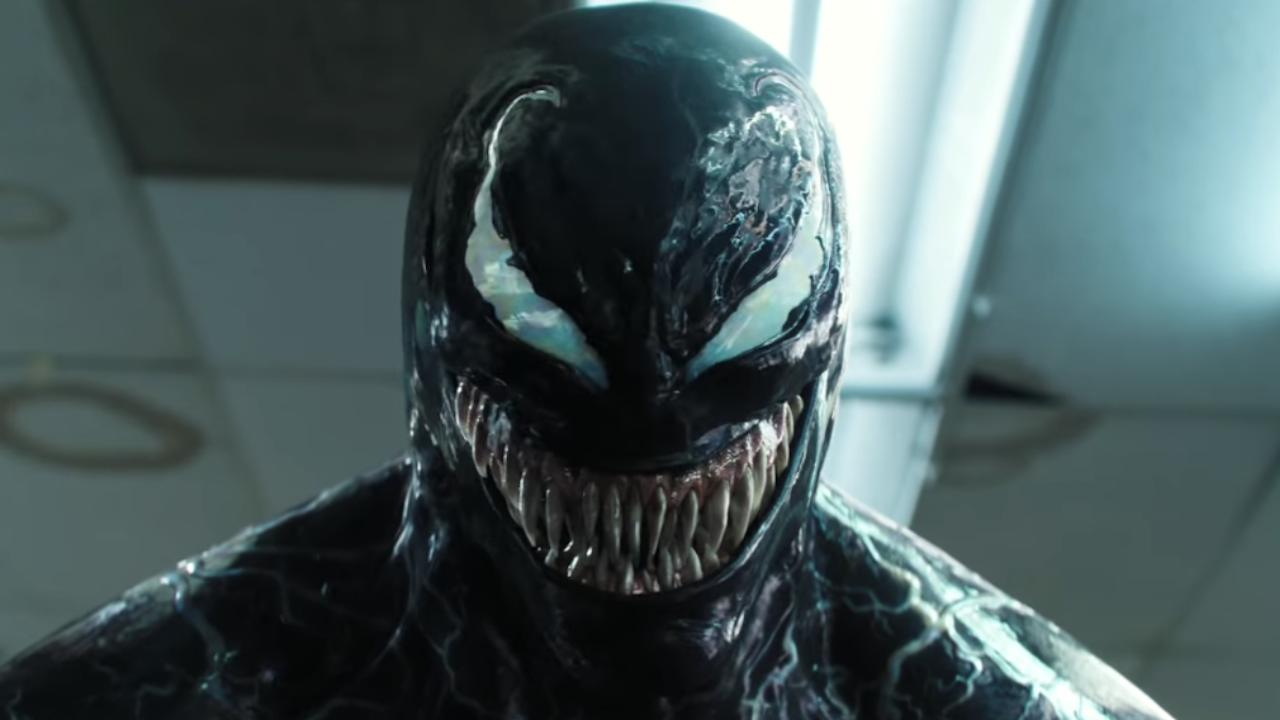The Book Thief is not the Hitler Youth movie I was hoping for.
I never would have thought we actually needed a Hitler Youth movie, or for that matter any other movie about kids during the Holocaust-- World War II has been depicted onscreen so many times in the last decade that we at least need a moratorium, if not an outright command to move on to other wars. But The Book Thief, based on the popular novel by Markus Zusak, manages to come across a new angle on this war, exploring the friendship between two young children who wear Swastika armbands and sing songs to Hitler not because they are evil or brainwashed, but because they live in a small German town and this is as common and ordinary as joining the Boy Scouts.
That might be enough story for a single sweet, war-torn coming of age story, but The Book Thief feels compelled cram in at least half a dozen other tropes, including the Jew hiding from the Nazis, the orphan girl warming to her new parents, the mysterious older lady benefactor helping our plucky heroine, the tentative pre-adolescent romance, and of course, the saga of survival amid air raid sirens and war. The fact that there's also occasional voiceover from the Grim Reaper may sound like a joke, but I assure you, it's in there too. A rambling, howlingly sentimental story that seems to be grabbing for awards at every turn, The Book Thief dares to burrow deep inside the complex world of German civilians during World War II and come away with nothing except mawkish, soft-focus nonsense.
Sophie Nelisse, a French-Canadian up and comer, is all wide-eyed, open-mouthed wonder as Liesel, the girl orphaned when her mother is arrested for being a Communist; her younger brother, for unknown reasons, dies while en route to their adoptive parents, so Liesel arrives alone to live with stern Rosa (Emily Watson) and twinkle-eyed Hans (Geoffrey Rush) in their small German village. Shy and closed-off at first, Liesel eventually learns to read with Hans's encouragement, strikes up a friendship with cutie neighbor Rudy (Nico Liersch), and develops an even deeper bond with a Jewish refugee (Ben Schentzer) hiding out in the basement. The book thieving comes in much later, when the mayor's wife (Kirsten Block) notices Liesel snatch a copy of The Invisible Man off a pile of tomes the Nazis have opted to burn; instead of turning Liesel in, the woman invites the girl into her expansive library for afternoon reading sessions.
Director Brian Percival, a veteran of Downton Abbey, does a nice job at first of depicting the slow creep of National Socialism into Liesel's life. The nationalistic songs she sings with her school chorus, the armband on her school uniform and the Nazi flag kept by law in the family basement eventually lead to local men conscripted into service, nights in an air raid shelter and a terror of refugee Max being found out. But the further The Book Thief gets into the war the less nuance and revelations it contains, until the cobblestoned streets and jackbooted soldiers start to look like every single other World War II movie. The occasional return of the Grim Reaper's voice reminds you that this, like so many other World War II movies, won't end with tragedy, but you still may not be prepared for the laughable melodrama that closes this story out.
I can imagine curling up with and enjoying the book version of The Book Thief, where there's time to get into the coming-of-age rhythms and dig into the constant conflict of being a decent person in a country that's on the wrong side of a war. But the glossy, completely surface-level movie version of The Book Thief feels committed to scrubbing all that nuance out. From the presence of Rush and Watson to the generically sentimental score from John Williams, it's a soulless chimera of every Oscar-bait trope, cobbled from a story that actually deserved better.
Your Daily Blend of Entertainment News
Staff Writer at CinemaBlend


